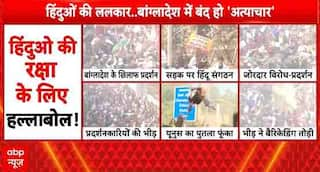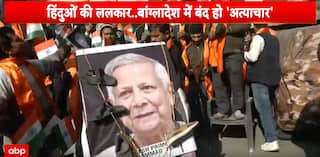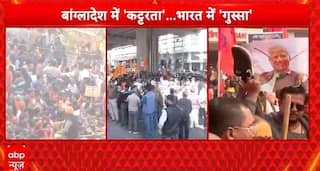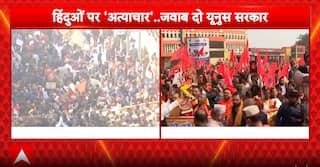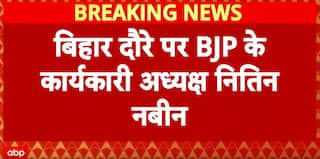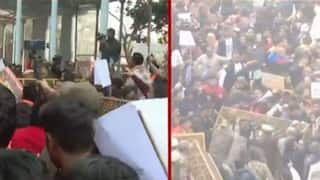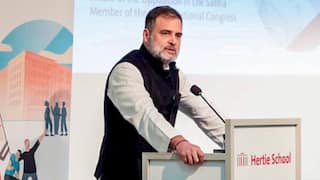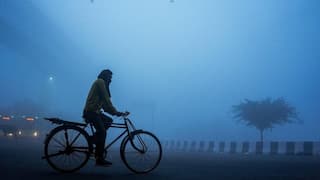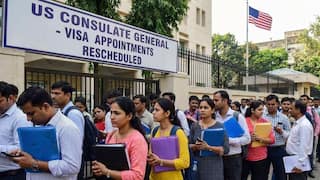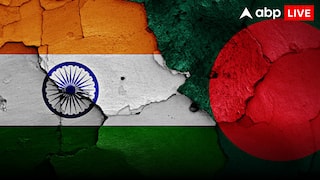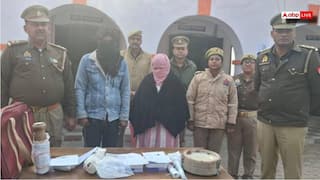Gujarat Riots: Ahmedabad Court Rejects Discharge Plea Of Teesta Setalvad In Document Forgery Case
The development comes a day after a three-judge bench of the Supreme Court granted her regular bail in the case of alleged fabrication of evidence in 2002 Gujarat riots.

New Delhi: A sessions court in Ahmedabad on Thursday rejected activist Teesta Setalvad's discharge petition in a case of alleged fabrication of evidence related to the 2002 Gujarat riots, news agency PTI reported. The plea was rejected by Additional sessions judge A R Patel. The Gujarat government had opposed Setalvad’s discharge plea saying that she abused the trust of the riot victims and implicated innocent people.
The development comes a day after a three-judge bench of the Supreme Court granted her regular bail in the Godhra riots case. Three-judge bench of Justices B R Gavai, A S Bopanna and Dipankar Datta set aside the Gujarat High Court order that rejected her plea for regular bail.
"The passport of the appellant already surrendered will be in custody of session court. The appellant shall not make any attempt to influence witnesses and shall stay away from them," the apex court bench said.
READ | Bengal: Calcutta HC Revokes Suvendu Adhikari's Immunity From FIRs, Says Police Can Act As Per Law
Referring to the HC order, the top court bench, as quoted by Live Law said, "On one hand, the learned judge has spent pages to observe how it is not necessary rather nor permissible at the stage of bail to consider
whether a prima facie case is made out or not. The learned judge, interestingly, observed that since the petitioner has neither challenged the FIR or chargesheet in proceedings under Section 482 CrPC or Articles 226 or 32 of the Constitution, it is not permissible for her to say that a prima facie case is not made out."
Notably, Setalvad was arrested in June last year along with former Gujarat Director General of Police R B Sreekumar and ex-IPS officer Sanjiv Bhatt in an offence registered by Ahmedabad crime branch police for allegedly fabricating evidence to frame “innocent people” in the post-Gujarat riots cases.










